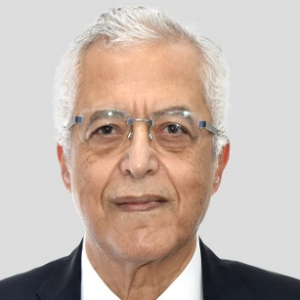Microfluidics
Microfluidics is an interdisciplinary field that involves the manipulation and control of fluids at the micrometer scale, typically within channels or chambers with dimensions on the order of tens to hundreds of micrometres. It encompasses the design, fabrication, and application of microscale devices, known as microfluidic chips or lab-on-a-chip systems, for various biological, chemical, and biomedical applications. Microfluidic devices are constructed using techniques such as photolithography, soft lithography, and micro fabrication, which allow for the precise patterning and fabrication of channels, chambers, valves, and other features at the microscale. These devices can be made from materials such as glass, silicon, polymers, or hydrogels, offering flexibility in design and functionality. One of the key advantages of microfluidics is its ability to perform complex and automated assays with small sample volumes, high throughput, and rapid analysis times. Microfluidic systems enable precise control over fluid flow, mixing, reaction kinetics, and sample handling, allowing for the integration of multiple analytical and biochemical processes on a single chip. Overall, microfluidics offers a versatile platform for performing a wide range of biochemical, biological, and medical assays with high precision, sensitivity, and throughput. Its integration with other technologies, such as optics, electronics, and automation, continues to drive innovations in research, diagnostics, and therapeutics, with potential applications in personalized medicine, biomarker discovery, and precision healthcare.

Nagy Habib
Imperial College London, United Kingdom
Lucie Bacakova
Institute of Physiology of the Czech Academy of Sciences, Czech Republic



Title : AI-integrated high-throughput tissue-chip for space-based biomanufacturing applications
Kunal Mitra, Florida Tech, United States
Title : Stem cell technologies to integrate biodesign related tissue engineering within the frame of cell based regenerative medicine: towards the preventive therapeutic and rehabilitative resources and benefits
Sergey Suchkov, N.D. Zelinskii Institute for Organic Chemistry of the Russian Academy of Sciences, Russian Federation
Title : In vitro evaluation of lyophilized Dedifferentiated Fat cells (DFAT) impregnated artificial dermis
Kazutaka Soejima, Nihon University, School of Medicine, Japan
Title :
Nagy Habib, Imperial College London, United Kingdom
Title :
Alexander Seifalian, Nanotechnology & Regenerative Medicine Commercialisation Centre, United Kingdom
Title : The regenerative medicine of the future
Marco Polettini, DVM, Italy